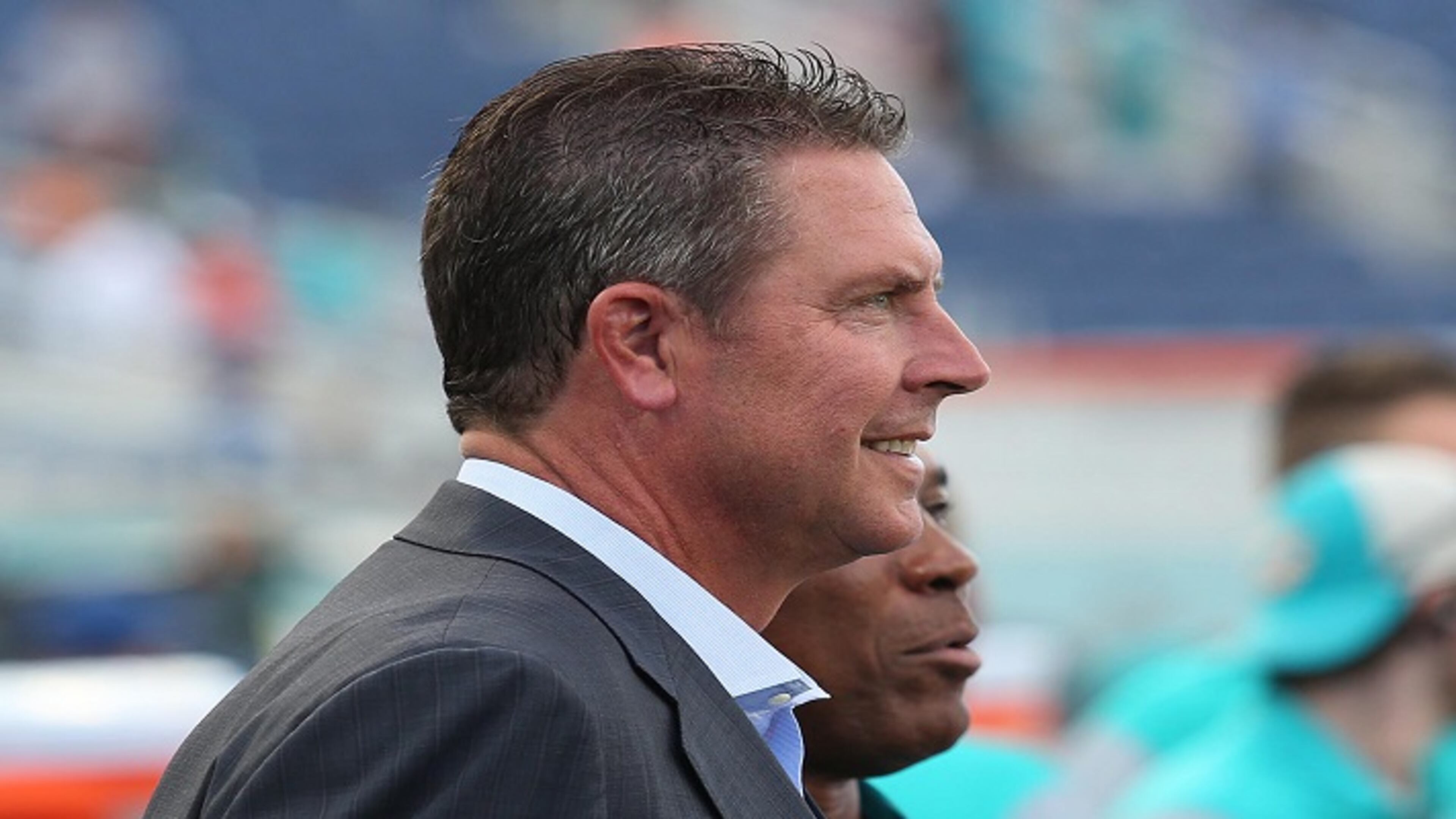Everything I needed to know I learned in sports

Congratulations. You’ve made it through the summer, and the kids are back in school. Or you’re back in school. Or, well, you’re driving through school zones again.
This leads to a different layer of anxieties, from school safety to everyday homework to even, according to an ongoing study by the U.S. Department of Education, if kids are learning what they should be.
Let me help here. No, not with homework. My help with math consisted of delivering the wrong answer.
Let me help with lesson planning for the next generation. Here’s a timely and educational class to fit the modern world:
Sports.
This isn’t a class teaching cover-two defense in football or how to pull a double switch in baseball. It could be called, “Everything I Needed To Know I Learned in Sports.” I’ve tried this before and the Department of Education hasn’t called for some reason. But here’s the ever-evolving lesson plan:
———
1. Chase your dreams. This would be the first lesson sports chases. Heat coach Erik Spoelstra started as a video coordinator. Dolphins vice president of football operations Mike Tannenbaum started in an unpaid job selling outfield advertising and pouring cheese over nachos for a minor-league baseball team. Issac Galloway toiled 10 years in the minor leagues before his promotion to the Marlins this season. “I never lost the dream inside me,” Galloway said.
2. Develop a work ethic. The elite athletes don’t just have natural skill. They understand the value of work. Ichiro traveled with his own exercise machines. Michael Irvin painted a mark on his road to run 100-yard sprints after high-school practice. Jaromir Jagr regularly called the team’s trainer to meet him at the ice rink late at night. Kobe Bryant called a trainer for Team USA at 4:15 a.m. to meet him at the gym. They worked out for more than an hour. The trainer went back to sleep. Later, at an afternoon practice, the trainer asked Kobe how long he’d stayed at the gym. Kobe hadn’t left. He kept working. He made 800 shots. Work ethic matters, kids.
3. Be honest, stay humble. Ohio State coach Urban Meyer is the latest example of being trapped in a bad lie that will define his legacy. The lesson continues with cyclist Lance Armstrong and Rafael Palmeiro lying about performance-enhancing drugs, Tiger Woods having a deceptive personal life, Pete Rose with betting. Each of them lost the world they created after personal transgressions.
4. Don’t let anything stop you. Shaquem Griffin is in the NFL with one hand. Jim Abbott pitched in the major leagues with one hand. Seattle fullback Derrick Coleman was deaf and competed in the Super Bowl. Lesson plan: You can overcome anything put in your way.
5. Stand up for what you believe. Say what you want about Kenny Stills kneeling during the national anthem the past few years. He’s following his beliefs. He’s paying a public cost for it. He wants to call notice to social injustice and racial inequality. It’s not always popular. Standing for something often isn’t.
6. Everyone is going through something. Kevin Love had a panic attack in mid-game last season for the Cleveland Cavaliers. DeMar DeRozan had anxiety and depression issues in Toronto. Dolphins defensive tackle Kendall Langford lost a month-old son last year. Go down the roster of any team and you’ll see all the issues playing out across them — and how they overcome them. Dan Marino helped found an autism center that helps people around the world after he had an autistic son.
7. Save your money. Yes, sports has lessons of financial savvy. Rob Gronkowski says he’s saved every penny of his football contracts, living off the money he’s made from marketing. That can be shown in contrast to the dozens of bankrupt-players stories trotted out regularly.
8. Be nice. It doesn’t cost anything. It helps your world. Tom Brady, the most accomplished quarterback in NFL history, approaches new Patriots teammates and says, “Hi, I’m Tom Brady.” Some NFL teams study how prospective players talk to office workers or limousine drivers — to gauge character.
9. If you don’t change, you’ll be irrelevant. What could better apply to the modern world? Bill James invented a new way to analyze baseball with his statistical methods. People fought it. Bill Walsh utilized the West Coast offense. People said it’d never work. There’s constant innovation in sports — the baseball shift, the 3-point adaption in basketball, the run-pass-option in football — that you either follow or fail. Don’t be a dinosaur buried in the La Brea Tar Pits.
10. Give back. LeBron James says his big work isn’t basketball. It’s giving computers to schools in Akron — and starting a school himself that will reward each graduate with a college education. Dolphins vice president Jason Jenkins leads a team to reach out in the community, just giving equipment to Booker T. Washington High School. Not everyone has the means to do all this. But do something. That’s a lesson for kids.


